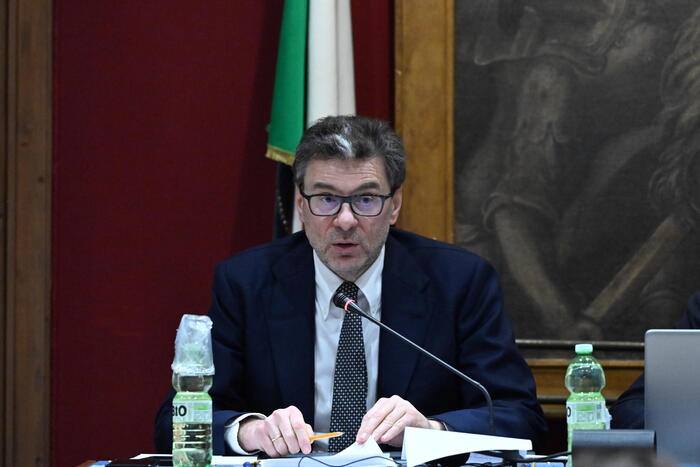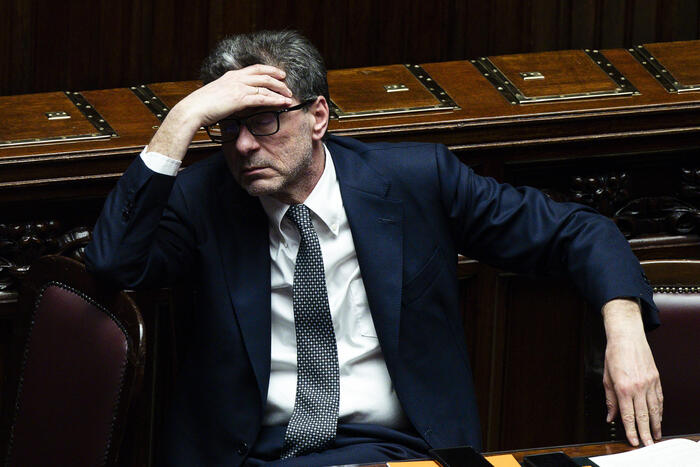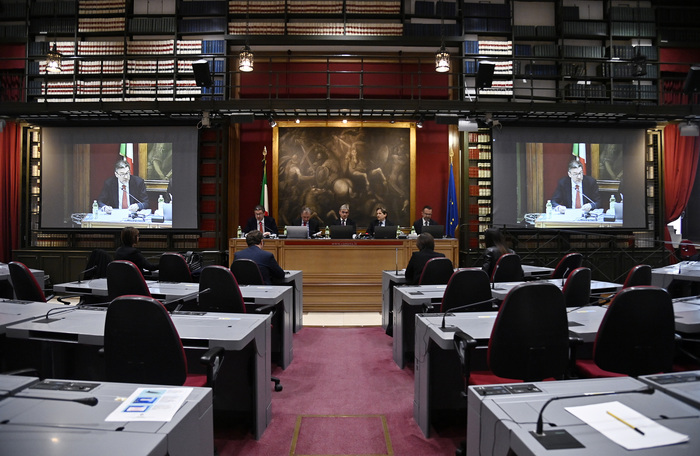Do the budgetary stability rules regulating the budgetary environment of the Member States of the European Union make sense in a post-Covid world?
This Tuesday, the European Commission is launching its public consultation on a hypothetical reform of the Stability Pact.
It will first be a question of laying down "
the framework for the discussion
", in the words of the Commissioner in charge of the Economy, Paolo Gentiloni.
Read also Would it be possible to reduce the public debt if the French worked more?
Suspended during the epidemic by Brussels, the stability pact notably requires member states to keep a deficit below 3%, as well as a debt of 60% of their GDP. However, the Covid-19 pandemic has shattered these imperatives, requiring governments to massively support their economies to allow them to withstand the shock of confinements. The low interest rate environment in which economies operate must also be taken into account. The suspension of the pact should normally end in 2023, but several voices call for its modification before this date to take into account the changes caused by the health crisis.
Because the States have put their hands in their pockets to support the activity, multiplying aid measures, emergency then recovery. The euro zone's public debt thus jumped by some 1,172 billion euros between the first quarter of 2020 and the first quarter of 2021, according to Eurostat. That is to say a jump from 86.1% to 100.5% of the GDP, a bar moreover crossed "
for the first time
", it is specified. At the end of March, fifteen member states out of twenty-seven had a debt-to-GDP ratio above the 60% limit. Seven of them - including France - even had a rate above 100%.
The requirements of the pact may therefore be impossible to meet for several years, especially as States continue to put their hands in their pockets in the face of the health crisis. Uncertainty remains, especially in health and political terms, in several member countries, including Germany.
Paris has long been involved in this fight.
Two years ago, some time before the epidemic, Emmanuel Macron swept aside European budgetary imperatives, calling the 3% rule a “
debate from another century
”.
"
The rules must be adapted, within a community framework
", ruled this Tuesday morning the Minister Delegate in charge of Public Accounts, Olivier Dussopt.
“
Each state must be able to position itself,
” he pleaded, adding that France knew how to “
make itself heard
” by its neighbors.
It remains to be seen whether a consensus will be able to emerge, given the divergent financial and political situations between the partners.









